Philip Charter
Short-Fiction Author
Life-and-death drama for 20 characters linked by the local high school in a small American town.
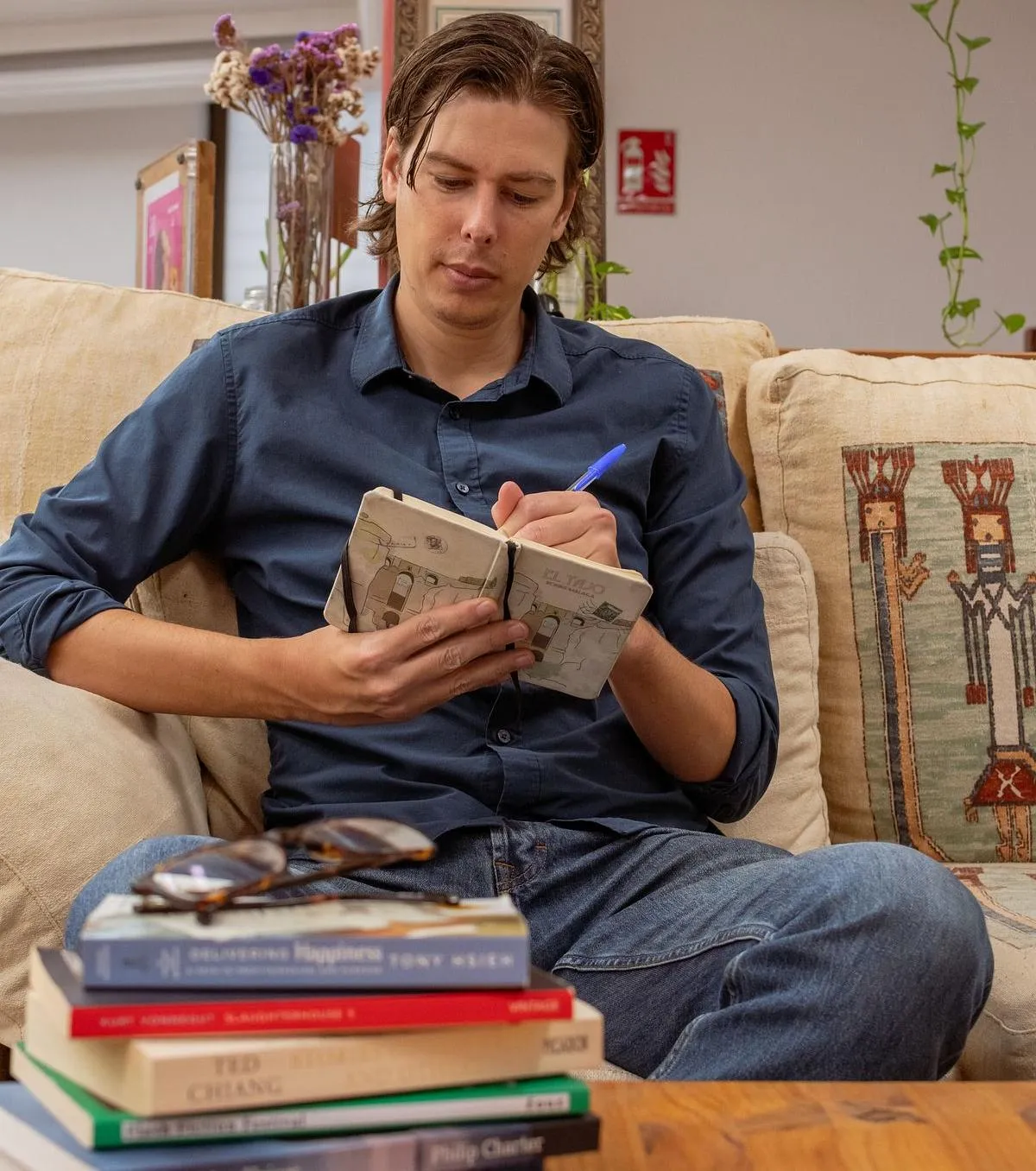
ABOUT
Philip Charter is a British writer and editor who lives in the Canary Islands. His work has been featured in literary magazines and has won or placed in several international competitions.
He has published four books of short fiction and is the editor of the 21 Futures anthology series.
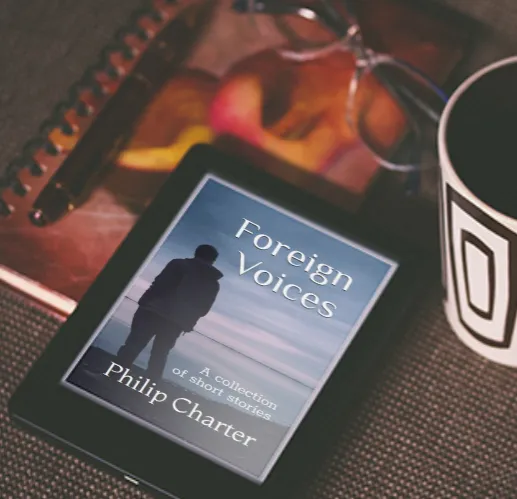
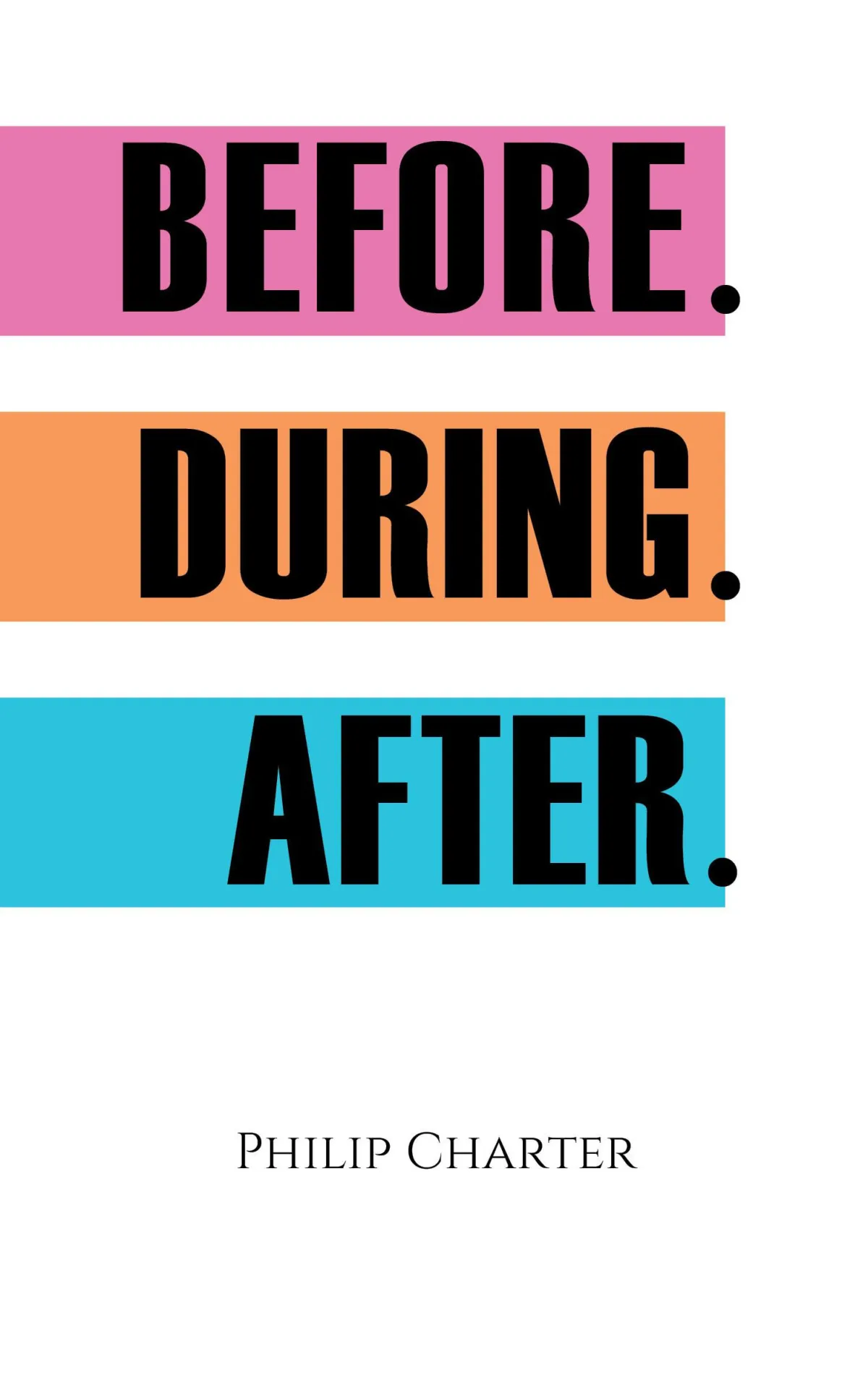
Out Now with Pelekinesis Press
Before. During. After. is a novella-in-flash which presents a sequence of life-changing moments for a cast of twenty interconnected characters. The book is set in a small town in the USA, and focuses on the lives of students, teachers and parents of the local high school.
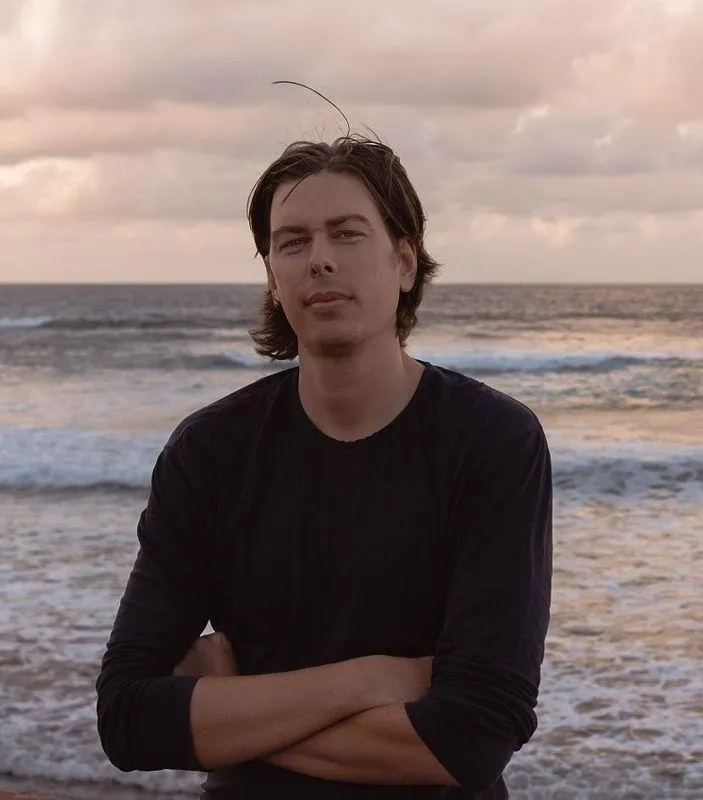
Totally human writer
Stacking major gains for bitcoin leaders & companies through expert articles, meaningful stories, and laser-focused copy
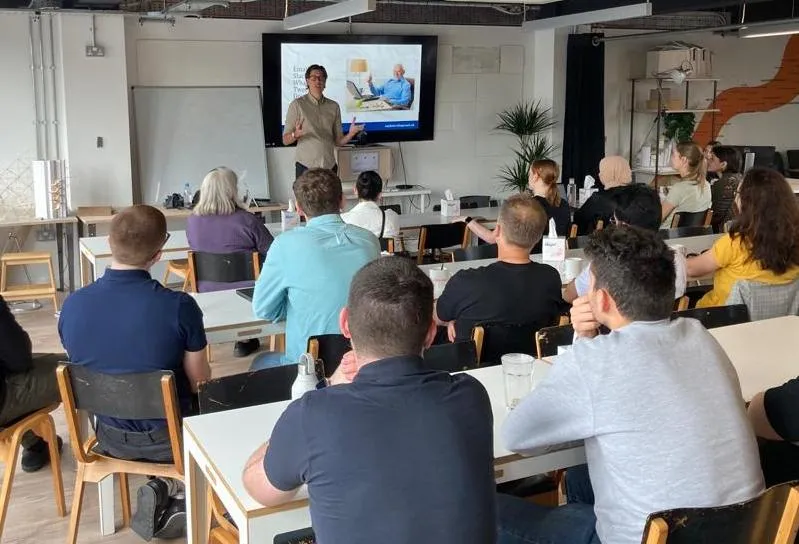
To unite interest in bitcoin, we don't need more technical explanations; we need to get better at telling stories.
Only stories have the power to stop us, to wake us, and to make us feel rather than think. Your story can orange-pill the world.
Publishing engages users and starts conversations
Expert opinions and human-focused stories build trust
Quality content drives sales and opportunities
Services for bitcoin founders and companies
Growing engagement and attracting investors & partners through ghostwriting engaging posts, articles, and newsletters.
Editing services and publishing advice for bitcoin authors.
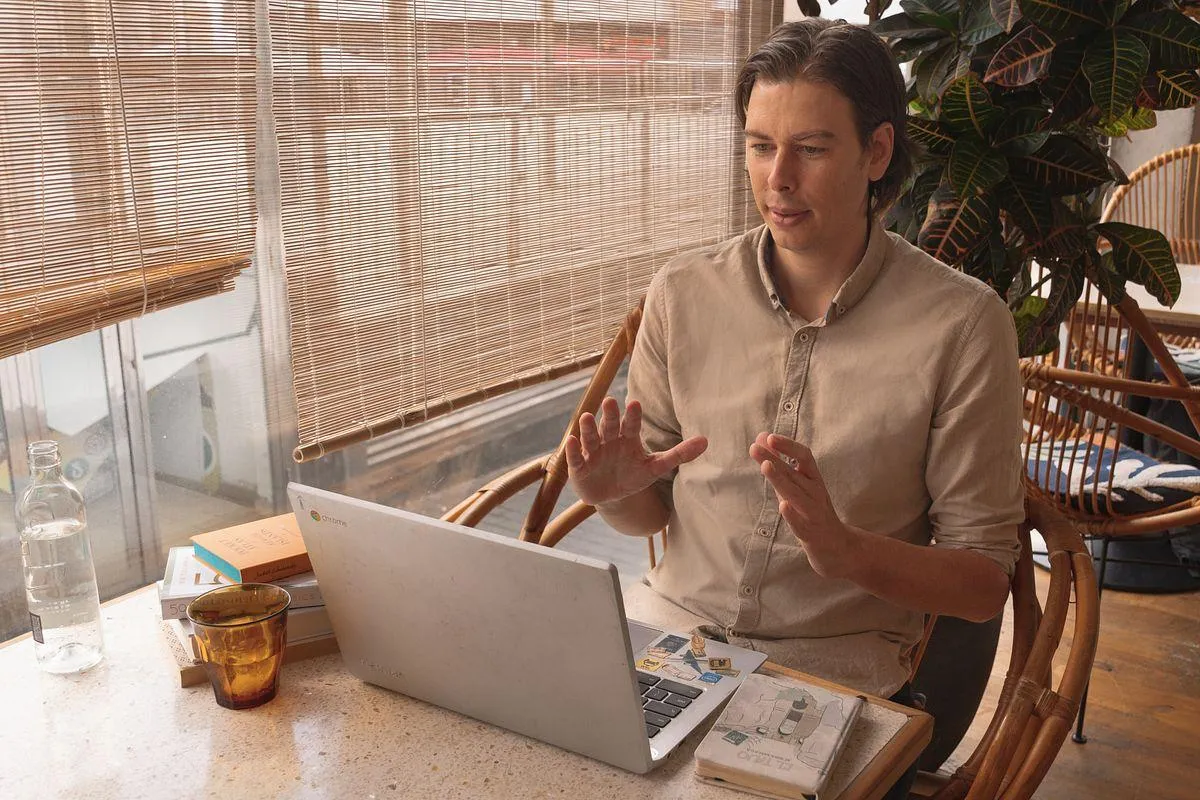
Books
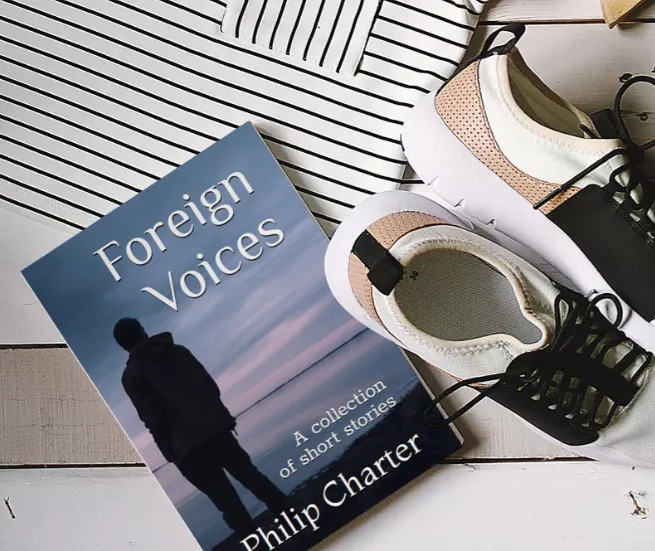
Foreign Voices
“A varied collection of captivating stories... eloquent, often quirky and occasionally desperately sad... many of them will linger long in my memory.”
Amazon Reviewer
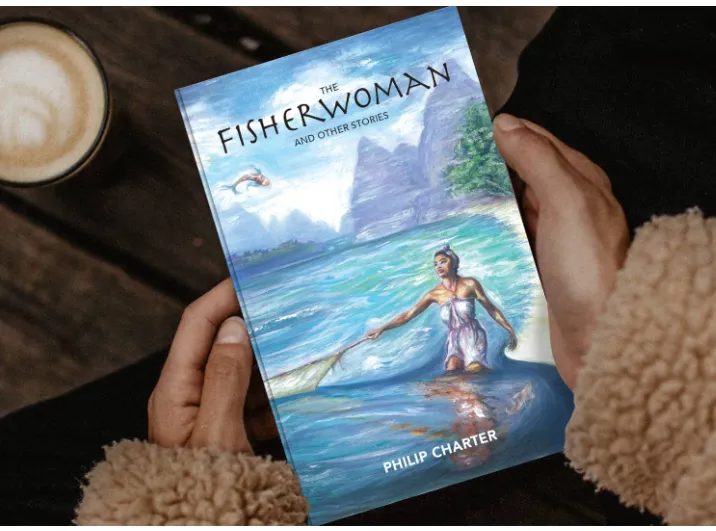
The Fisherwoman
"The scope of these stories is remarkable, spanning so many subject matters, age groups and time periods, taking you all over the world and even a little beyond."
Neil Clark — co-editor, Janus Literary
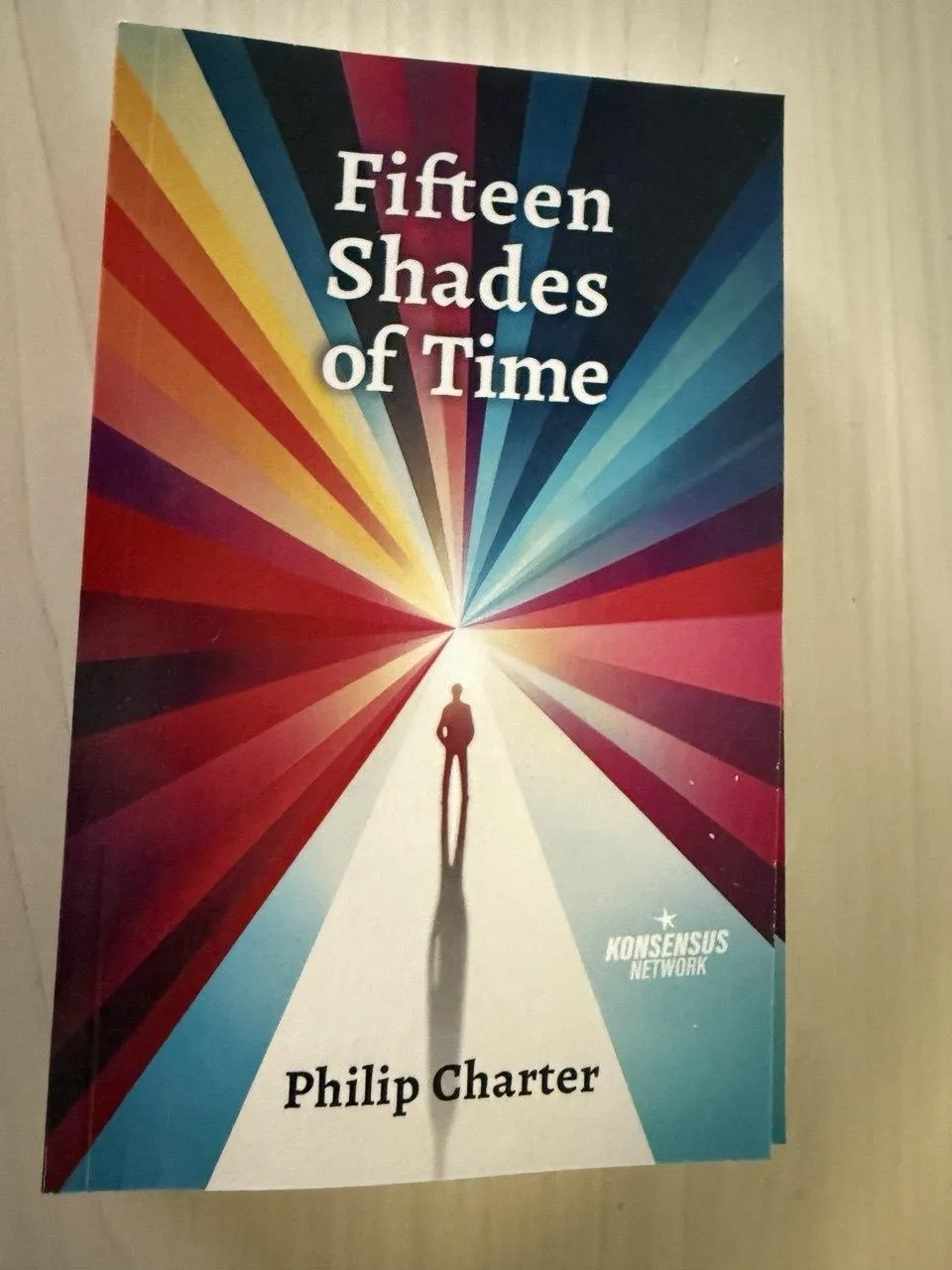
Fifteen Shades of Time
"A book of unexpected insights and extraordinary grace, rippling with sorrow, and finesse. All taking place in one room, bound by a single unraveling ribbon of time.”
David Eagleman, NYT bestselling author of SUM
One Hundred and Thirty-Five Seconds
Originally published in Intrepidus Ink
Breathe deep and break the surface. Ice blue waters tingle on lips. Your arms pull like longboat oars, thrusting you down.
Since childhood, you’ve explored every inch of the seabed in front of the beach house, searching for your lost twin, your fingers brushing gray-black sand, which whips into underwater storms. You’ve toughened against the cold, even though your skin runs taut on your bones. No gloves or balaclava, just fins and a rash vest.
Your parents used to look on, proud, as you waded into foaming waves. “Not past the step,” they’d say. “Never past the step.”
Now there’s no one to stop you from visiting the exact spot it happened, touching the bones. That time, you made it back.
The step is an underwater cliff that drops deep. After the lobsterman charted the seabed with his sonar, you calculated it takes one hundred and thirty-five seconds to touch the bottom and swim back up.
Under the waves, it’s calm. Fins flow and you glide. In just over a minute, you’ll know what’s at the bottom of the jagged black wall. A thousand tiny fires light your lungs, and pressure mounts as thousand-ton walls push down. Just one glimpse of the bottom, you think, then back to shore. In the depths, the weakened sun lights flotsam swirls. The sandy dark approaches.
Two strong kicks and you touch. A fistful of volcanic grains to take back as a prize. You’ll burst for air and punch the sky. They’ll weigh about the same as a floating child. As you turn, a movement grips you. You freeze. A few yards farther out is a human hand, fully formed, attached to the seabed. It sways in motion with the water.
Your own hands are cracked, and your nails cling to the ends of your fingers. They don’t feel the cold. After the drowning, you stopped handling the shells in your collection. The only ones you wanted to touch were at the bottom.
Two minutes gone. It only takes a few kicks to get close enough to investigate. It’s not just any hand. It has the liver-spotted skin of your mother’s. The ruby ring is unmistakable. Although you don’t tell it to, your arm reaches out. When you touch, the sea hand jolts into life as if the sensation woke a brain in each of its bony fingers. You’ve trained for this. Another ten seconds. Interlock fingers. Clasp. Ride the ebb of the undercurrent.
The darkness clears, and for a split second, you see a whole field of hands reaching up. Hundreds of them. The delicate fingers that brushed your arm at a party and the swollen knuckles of a businessman that crushed your grip.
The dying oxygen in your lungs means nothing. You could float forever in this strange museum of hands. As you pass over, they move with you, following your path. Some are muscular and some are withered. One has a finger missing from a fishing accident. Some wave, others beckon.
And then you see it. The one. This is the reason you held your breath for over two minutes, three times a day. This is the reason you waited until you could blow a 700 on the peak flow test. If you could take your diver’s knife and cut your hand at the wrist to leave it there, you would. You would.
It must be nearly three minutes now, but you go towards it, not up. Darkness steals the corners of your vision. Reach. Connect. Feel the heat contrast years of silence.
It’s only twenty seconds to the surface. Twenty seconds of pain before you breach, gasping salt air. But you stay. The seconds tick and the ocean vice tightens around your chest. They say the moment before drowning is a mixture of agony and euphoria. And then, release. The hands detach. They float and swarm. Each one finds your body, gripping loose fabric, bunching strands of hair. You feel them supporting your weight, pulling you up, back through all the years you held your breath, until you reach the place where sea meets air.
Copyright Philip Charter, 2023
